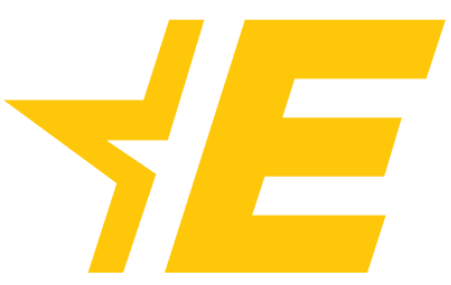A few weeks ago, out of the blue, Twitter’s development team announced in a thread that the platform would no longer provide free access to its developer application programming interface. Researchers use this data to analyze pressing issues impacting our online discourse, including dangerous behavior, hate speech, and disinformation.
Twitter’s decision is just the company’s latest confrontation with new rules being implemented to clean up the Internet.
Until recently, both the US and Europe offered tech platforms wide-ranging liability protection for the content they hosted. Supporters say this liability-free pass allowed the Internet to grow and flourish. But critics are demanding that the platforms take responsibility. Twitter stands at the center of this debate. Under Elon Musk, it has slashed staff and cut back on content moderation.
In the US, the Supreme Court spent hours this month hearing two cases on tech responsibility. One involving Google focused on whether social media platforms should be protected from lawsuits even if the platform’s algorithms promote videos that laud terrorist groups. A Twitter suit questioned whether the online messaging platform could be sued for aiding and abetting terrorism because the militants involved had access to the site for propaganda and recruiting purposes.
In both cases, the Court seems reluctant to impose change.
Twitter’s big challenge will come in Europe, where it could face significant fines under the new Digital Services Act. Under the DSA, platforms with more than 45 million EU users must respect sweeping requirements starting in the summer of 2023. These include swiftly taking down illegal content, limiting the spread of disinformation, and protecting children and teenagers. Twitter has reported almost 101 million European users. Violations of the DSA can be fined to 6% of companies’ annual global revenue.
Under the DSA, the platform is obliged to give confidential access to “vetted researchers” who contribute to the detection, identification, and understanding of “systemic risks.” It’s crucial that researchers should not need to be part of the academic community. Both independent research institutes and civil society organizations can apply for access.
By forcing researchers to pay for API access, Twitter is already contradicting its commitment to the voluntary EU Code of Practice on Disinformation, which calls for improving data access for researchers. Without the possibility to download and analyze raw Twitter data for free, the change in API access might bring an end to student projects and under-resourced independent research.
Why Twitter decided to move forward with this decision is as vague as its external communication since Elon Musk took over. Musk said his goal in charging for API access is to reduce the number of fake and bot accounts, suggesting a subscription fee would fix the issue.
Twitter’s API access can be a resource for public-interest research to map trends and discursive patterns. The flip side: researchers have always been dependent on the tech platforms’ willingness to provide access to data. Meta, Alphabet, and Twitter, with their different access levels, are the de facto gatekeepers of the information we receive.
After his decision provoked an outcry, Musk said that he would be willing to provide a “light, write-only API” for developers investing in benevolent bots, exempting people who create “good content” from API access limitations and charges.
What exactly falls under “good content” has not yet been defined. Before Musk’s takeover, anyone wanting access to Twitter’s API could get it for free. Now, it depends on whether he likes the content. So much for “the bird is free.”
Lena-Maria Böswald is Digital Democracy Program Officer at Democracy Reporting International in Berlin. She conducts research on hate speech and disinformation in the digital sphere, focusing on democratic processes and election monitoring online.
Bandwidth is CEPA’s online journal dedicated to advancing transatlantic cooperation on tech policy. All opinions are those of the author and do not necessarily represent the position or views of the institutions they represent or the Center for European Policy Analysis.

This article was originally published by EURACTIV. EURACTIV is an independent pan-European media network specialized in EU affairs including government, business, and civil society.





